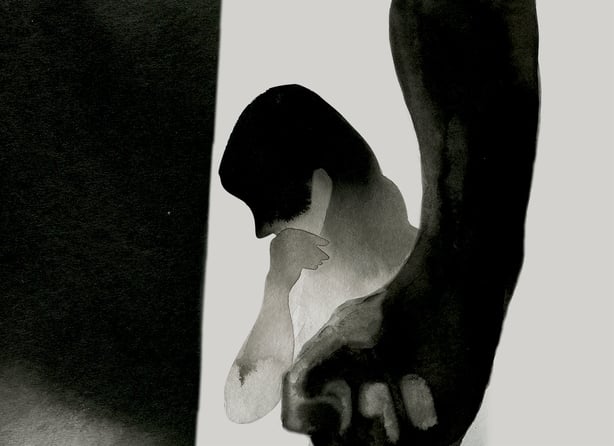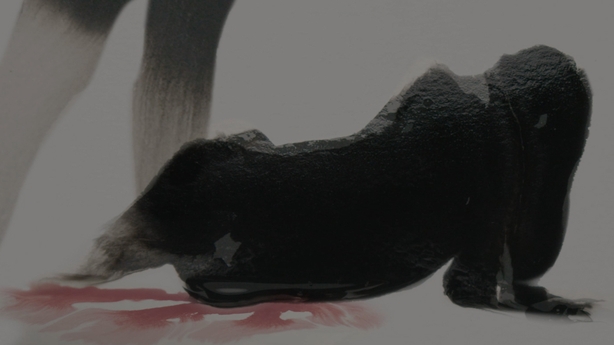For the last 12 months RTÉ Investigates has filmed as a fourfold increase in emergency calls from domestic abuse survivors seeking shelter, has left refuges overwhelmed.
RTÉ Investigates – Domestic Abuse, A Year Of Crisis examines the impact of the increasing levels of domestic abuse in Ireland over the past year. Survivors of domestic abuse, many speaking publicly for the very first time, describe the devastating consequences of domestic abuse.
Ahead of the episode airing on RTÉ One on Monday, 7th of February at 9:35pm, we are sharing some information and advice from Women's Aid on what to do if you're concerned about someone you know.

Unless you are trying to help a woman who has been very open about her experiences it may be difficult to acknowledge the problem directly. However, there are some basic steps that you can take to assist and give support to a friend, family member, colleague, neighbour or anyone you know who confides in you that they are experiencing domestic abuse.
Emotional Support
Listen to her, try to understand and take care not to blame her. Tell her that she is not alone and that there are many women like her in similar situations. Acknowledge that it takes strength to trust someone enough to talk to them about experiencing abuse. Give her time to talk, but don't push her to go into too much detail if she doesn't want to.
- Acknowledge that she is in a frightening and very difficult situation.
- Tell her that no one deserves to be threatened or beaten, despite what her abuser has told her. Nothing she can do or say can justify the abuser's behaviour.
- Support her as a friend. Encourage her to express her feelings, whatever they are. Allow her to make her own decisions.
- Don't tell her to leave the relationship if she is not ready to do this. This is her decision.

Practical Support
- Tell her about the Women's Aid National Freephone Helpline 1800 341 900, open 24 hours a day, seven days a week.
- Add the Women's Aid National Freephone Helpline 1800 341 900 to your list of contacts in your mobile phone should your friend every need it.
- Give her mobile phone credit so she can make calls in case of emergency.
- Ask if she has suffered physical harm. If so, offer to go with her to a hospital or to see her GP. Suggest that it might be useful in future to have records of any injuries as abuse frequently escalates over time.
- Help her to report the assault to the police if she chooses to do so.
- Go with her to visit a solicitor if she is ready to take this step.
- Agree a code word with her which she can use if she is in danger and needs help.
- Plan safe strategies for leaving an abusive relationship. Let her create her own boundaries of what she thinks is safe and what is not safe; don't urge her to follow any strategies that she expresses doubt about.
- Offer your friend the use of your address and/or telephone number to leave information and messages, and tell her you will look after an emergency bag for her, if she wants this.
- Give her a small amount of money to put away in case she needs a taxi or bus in an emergency to leave the house and go to family or refuge.
Remember to look after yourself while you are supporting someone through such a difficult and emotional time. Ensure that you do not put yourself into a dangerous situation; for example, do not offer to talk to the abuser about your friend or let yourself be seen by the abuser as a threat to their relationship.
For more information, visit WomensAid.ie or call 1800 341 900
For alternative helplines, visit www.rte.ie/helplines.

